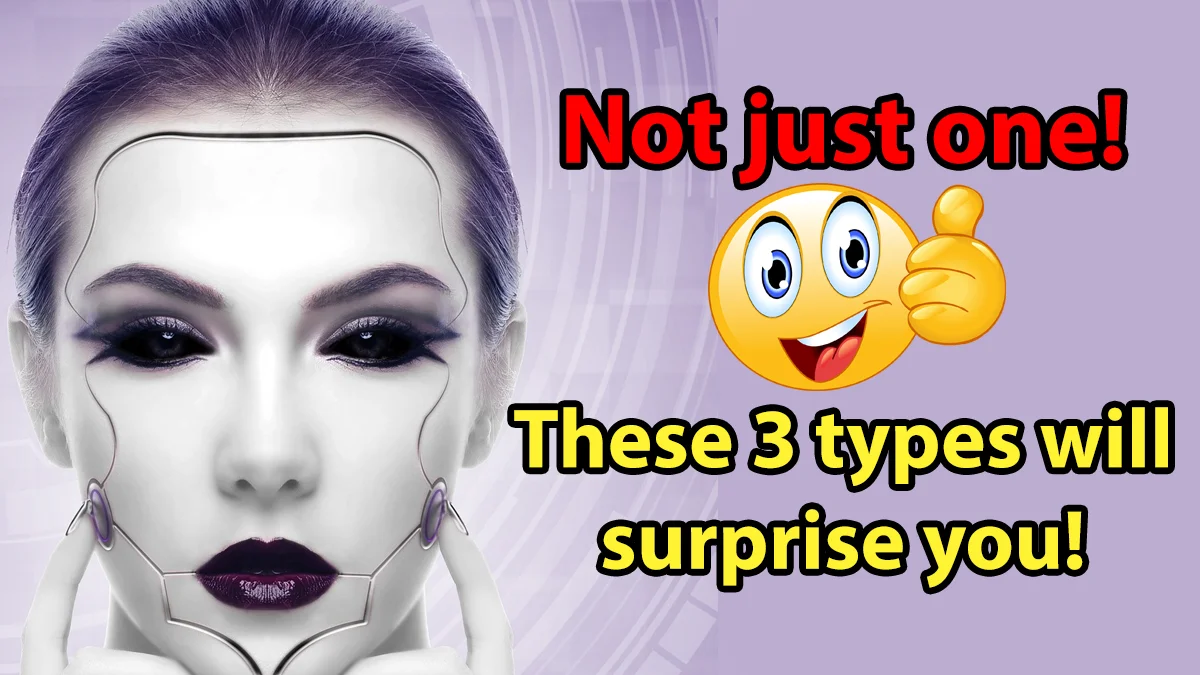In today’s in the world of digital era, you must have heard the name of AI- Artificial Intelligence. But what is it, how does it work, and what is its role in our daily life – it is important to know all this, especially when the world is rapidly becoming digital. Artificial Intelligence.
Artificial intelligence, is such a technology that gives computers and machines the power to think, understand and take actions, decisions like humans beings. Meaning that, you are talking to a machine, and it is understanding your point and giving the right answer – then understand that AI is being used in it.
There are some examples have :-
A chatbot like a ChatGPT answers your queries quickly.
Google Maps suggests a Best/smart routes for you.
YouTube recommends videos based on your interests.
AI is not just limited to big businesses or tech companies, it is now being used in our mobile apps, cars, banking systems, and even agriculture. Imagine, a robot is doing farming, or an app is telling you how your health report, etc.
Future of AI- Artificial Intelligence Uses :-
1-Automation and Productivity Boost: AI will easily handle daily repetitively and boring tasks, allowing humans to focus on creative and important work. Factories, offices, hospitals, banks productivity will increasing regularly everywhere.
2-Healthcare Revolution: AI is detecting diseases quickly (like cancer, diabetes), and robots are also doing surgeries. In rural areas where there is a shortage of doctors, people can do their basic check-up with AI-based apps.
3-Personalization in Education: AI-powered learning platforms are being created to teach every student according to their speed and understanding. With the help of a teacher, AI can tell you to focus on weak topics.
4-Smart Cities & Safety: Traffic control, pollution monitoring, surveillance-AI is being used in everything everywhere. The dream of smart cities cannot be fulfilled without AI.
5-Ending the language barrier: AI-based tools like Google Translate or speech recognition apps are now breaking the language barriers. You speak in Hindi, and they translate it into English — or vice versa.
Negative side effects of AI-Artificial Intelligence:-
1- Jobs Concern: The biggest fear is that the advent of AI could take away the jobs of many people especially those who do repetitive work like data entry, telecalling, or companies workers. Machines can easily handel their work smother faster and cheaper.
2- Privacy Threat: AI tools are trained on data, but if that data is not secure, your privacy is lost. What you are watching online, what you are writing everything is being monitored.
3- Bias and Wrong Decisions: AI is also trained on data created by humans. If the data is biased, then AI will also be biased. Example: If an AI hiring tool gives preference to only mostly English speakers, it becomes unfair.
4- Fake Content / Deepfakes: AI can now create such realistic fake videos or audio that one cannot even differentiate between real and fake. This misuse can happen at political, personal or criminal level.
5- Dependency will increase: If AI is used too much in every work, then the original thinking, creativity and decision-making power of humans can be reduced in very short age.
Types of AI-(Based on Capabilities):-
1- Narrow AI (ANI) Weak AI: This AI can do only one specific task. Like an expert, but in one field only.
Example: Siri, Google Assistant, Alexa, ChatGPT, Face Recognition, etc. This AI can talk to you, even crack the jokes,
Fact: Whatever AI is being used in the world today, it is mostly Narrow AI.
2- General AI (AGI) Human-level AI: This AI thinks, understands, takes decisions and can multitask like a human.
Example: AGI does not fully exist right now, but research is underway.Imagine a robot that can do engineering, painting, and emotionally talk – meaning a total human vibe.
Goal: If AGI is created in the future, AI can be equal to humans or even better than them.
3- Super AI – When AI becomes faster than humans. This is a hypothetical AI – which can be more intelligent, creative and emotionally strong than humans.
Example: This is not real yet, but people like Elon Musk take this possibility seriously.
Imagine an AI that is winning the Nobel Prize and also understanding your emotions… both scary and cool
Concern: If the Super AI becomes uncontrolled, then a scene like a sci-fi movie can also happen.
Types of AI-(Based on Functionality):-
1- Reactive Machines Old-school AI. Does not use past memory. Example: IBM’s Deep Blue (which has defeated the chess champion).
2- Limited Memory Uses recent data or past experiences. Example: Self-driving cars that make decisions using data from the last few seconds.
3- Theory of Mind (Future AI) This AI will understand emotions, thoughts, and human behaviour. The next level of human-like interaction.
4- Self-Aware AI (Future-Super AI) The AI will have awareness of its own “self”. This AI starts thinking of itself as a human – brother, I feel a little scared.
Final Thoughts
AI is not just the future, it has become a part of the present as well. It’s use is increasing in every field – but it is so much important to understand the AI which type of AI is best for which work. Now you know that AI is not just one thing, but it also has many levels. If you want to move ahead in the AI field, then this basic understanding is a must.
FAQs – About AI-Artificial Intelligence
1. How many types of AI are there ?
AI is generally divided into three main types:u003cbru003eu003cstrongu003eNarrow/Weak AIu003c/strongu003e: Which is designed for a specific task.u003cbru003eu003cstrongu003eGeneral AI (AGIu003c/strongu003e): The theoretical human-level intelligence such as multitasking AI.u003cbru003eu003cstrongu003eSuper AI (ASI)u003c/strongu003e: hypothetical advanced intelligence that is smarter than humans.
2. What is the difference between Narrow AI and General AI ?
u003cstrongu003eNarrow AI (Weak AI)u003c/strongu003e is trained for only one or a few limited tasks (like Siri, ChatGPT). It can only do what it has been trained for.u003cbru003eu003cstrongu003eGeneral AI (AGI)u003c/strongu003e is the AI that can multitask like humans and take decisions in every domain. It does not exist yet.
3. What are the other types of AI based on functionality ?
u003cstrongu003eReactive Machinesu003c/strongu003e (which react only to current input).u003cbru003eu003cstrongu003eLimited Memory AI u003c/strongu003e(which takes decisions using past data).u003cbru003eu003cstrongu003eTheory of Mind AIu003c/strongu003e (AI that understands emotions and intentions, in the future).u003cbru003eu003cstrongu003eSelf-Aware AIu003c/strongu003e (which is aware of itself, still just a theory).
4. How does AI work ? What role does machine learning play ?
AI works using methods such as machine learning (ML) and deep learning. ML systems identify patterns from data and make predictions/detectors without explicit programming.u003cbru003eDeep learning is an advanced ML technique that uses neural networks—very effective for tasks such as voice recognition and image understanding.
5. What are the benefits and challenges associated with AI ?
u003cstrongu003eBenefits:u003c/strongu003e Efficiency increases, healthcare diagnosis improves, education becomes personalized, etc.u003cbru003eu003cstrongu003eChallenges:u003c/strongu003e Privacy issues, bias in algorithms, job displacement, deepfake misuse, and ethical risks.
Facebook Telegram WhatsApp X Threads

